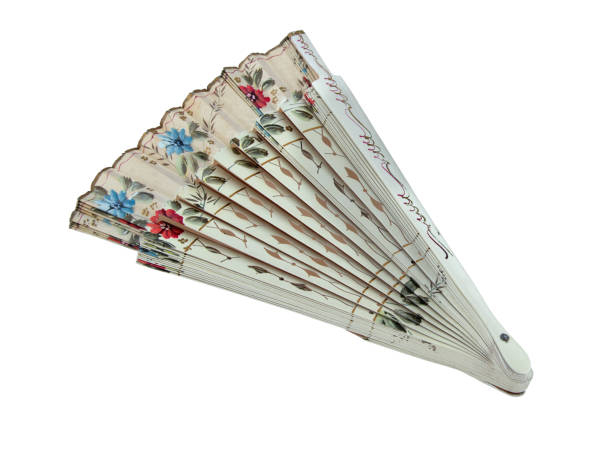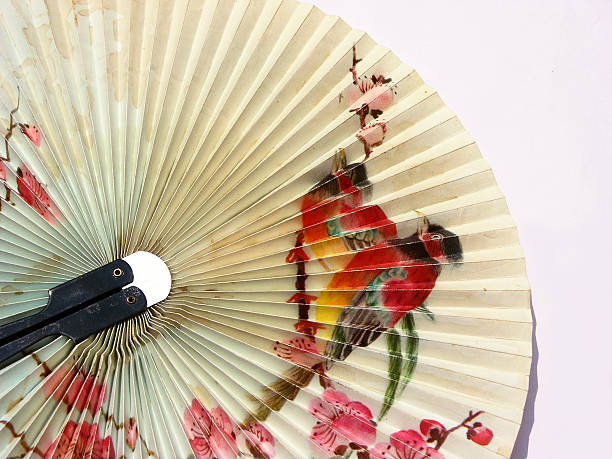Japanese Fans
Japanese fans, known as "sensu" or "uchiwa," are elegant and functional accessories that have a rich history in Japanese culture. They are not only used to provide relief from the heat but also serve as decorative items and tools for traditional dances, tea ceremonies, and performances.
Sensu refers to folding fans, which are compact and portable. They consist of a series of bamboo ribs connected by a paper or silk material. The ribs fold together, allowing the fan to be opened or closed with ease. The material of the fan is often adorned with beautiful artwork, calligraphy, or traditional Japanese motifs, making each fan a work of art in itself. Sensu can be found in various colors and designs, ranging from simple and minimalist to intricate and vibrant.
Uchiwa, on the other hand, refers to non-folding fans that have a rigid structure. They are typically made of a round or rectangular frame made of bamboo or wood with decorative paper or fabric stretched across it. Uchiwa fans are larger and more suitable for creating a gentle breeze on hot summer days. They are often adorned with colorful illustrations, patterns, or traditional scenes.
Japanese fans have both practical and cultural significance. They are commonly used by individuals to cool themselves during hot and humid weather. Fans are also employed as accessories for traditional dances, such as the graceful fan dances performed in the Japanese geisha culture. Additionally, fans are sometimes used in tea ceremonies, where they are used to gently fan the charcoal to maintain the ideal temperature for brewing tea.














